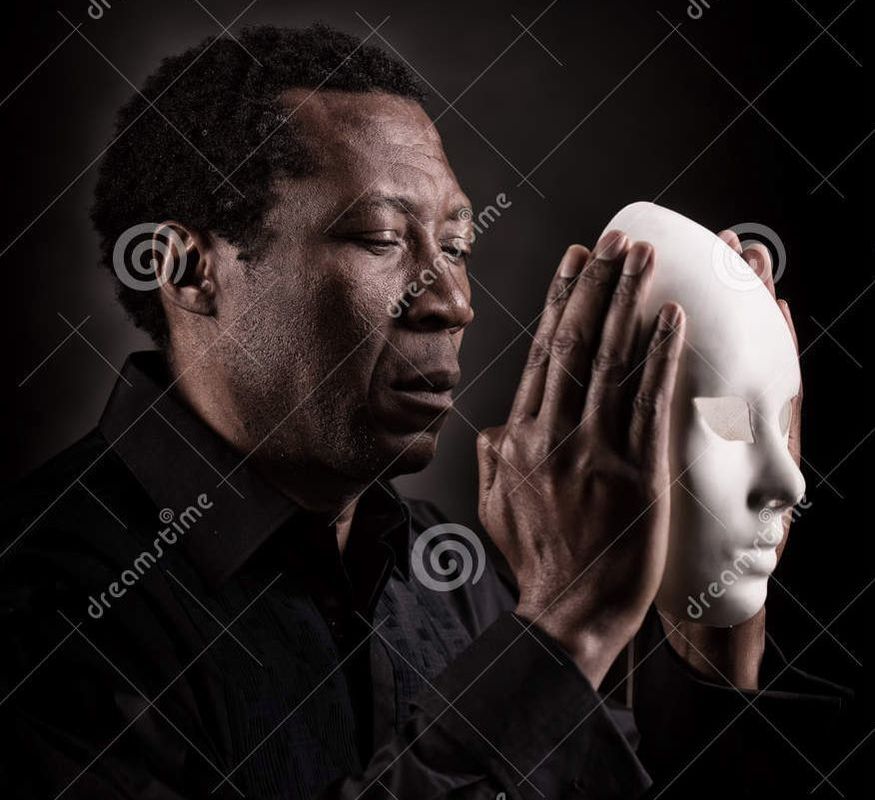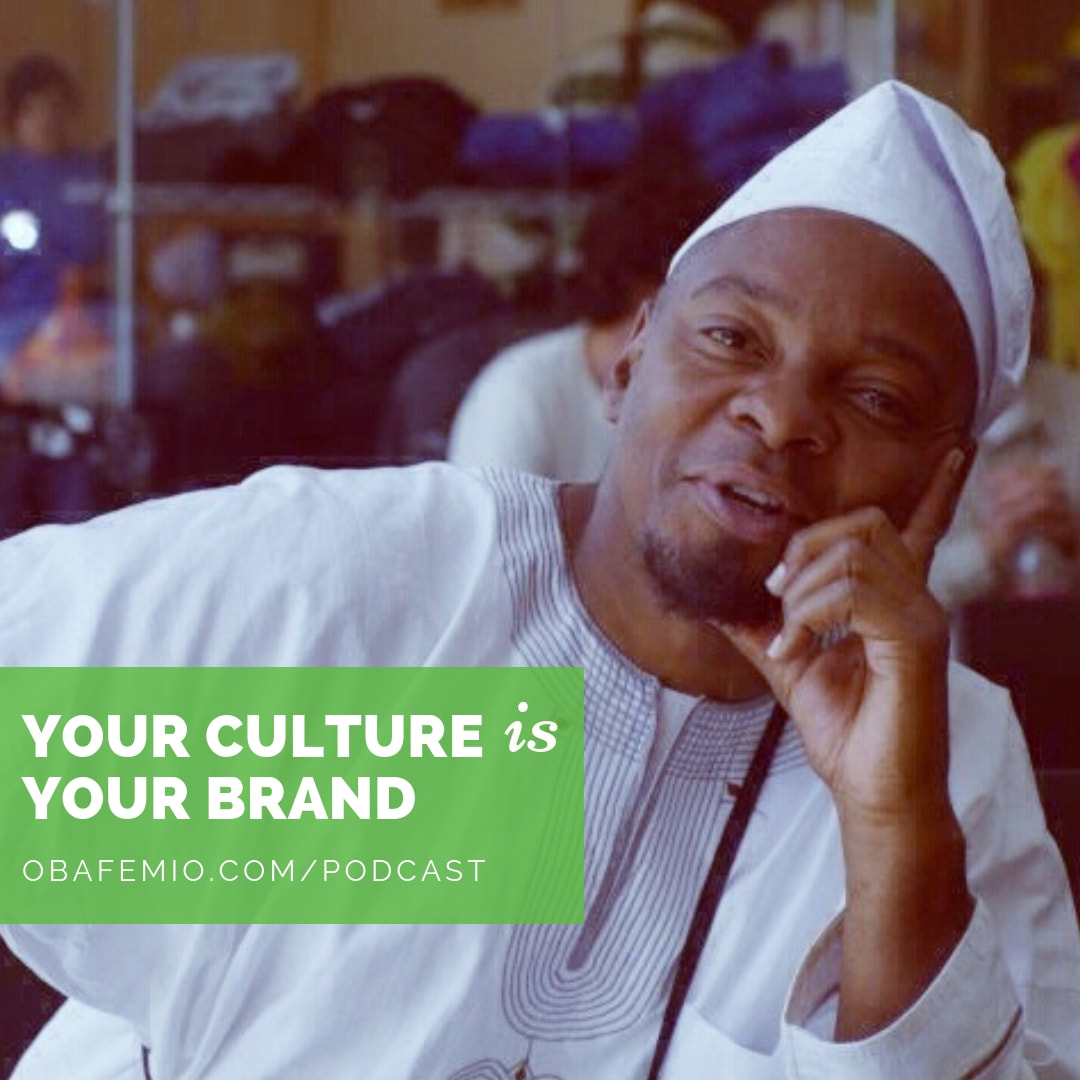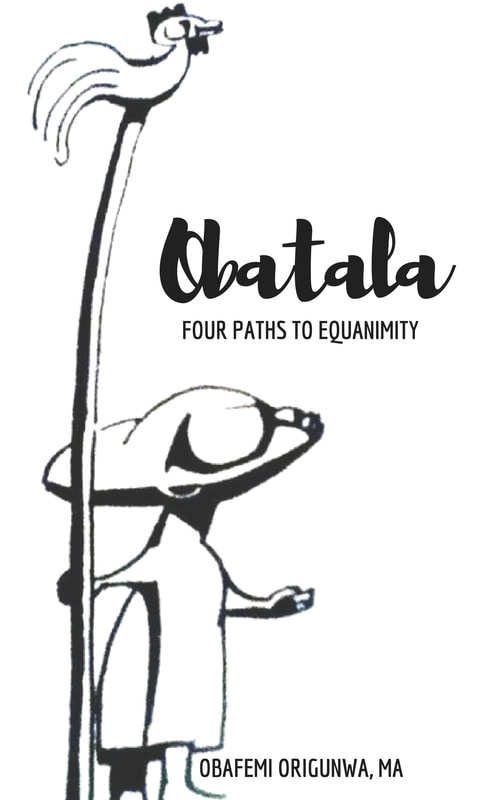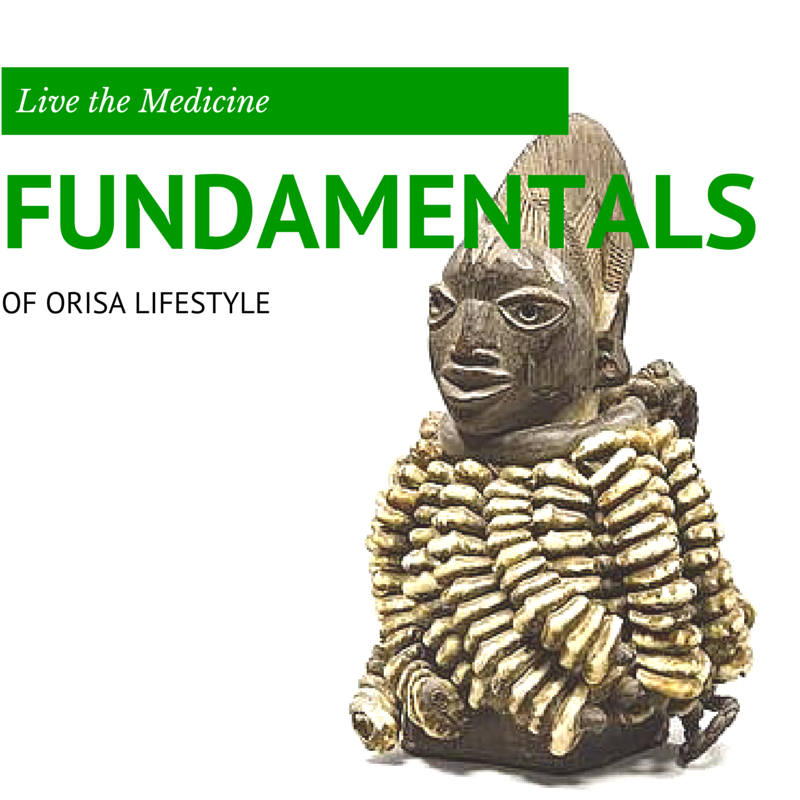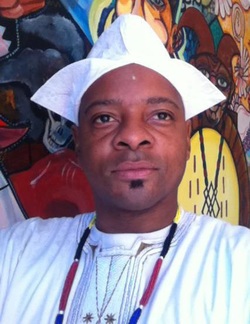Black Identity Crisis: How Mentorship Can Help You Overcome the Pitfalls of Upward Mobility10/15/2018
The Price of Upward Mobility
Despite our undeniable success, many upwardly mobile African Americans are in excruciating pain. I'm talking about Black people who have played by the rules; attended the best universities, climbed the corporate ladder and been responsible parents. For all intents and purposes, we have so much to celebrate. Still, something is seriously WRONG. Why are middle class Blacks angry? Of course, we must take note of the seemingly endless complications of "doing ANYTHING while Black", police brutality, and media assassination. As serious as these issues are, I think these are really symptoms that can be traced to a single problem: BLACK IDENTITY CRISIS. We are a group of racial misfits who can't agree on something as innocuous as a racial designation... When you evaluate middle class Black values, we are clearly unable to strike a balance between our frequent denouncements of whites and their desire to be white (i.e., assimilate). If you doubt the veracity of my claim, go and ask 20 African Americans to define our culture - not in terms of food, music and art - but in terms of our values, customs and traditions. You will quickly see the fact that most Americans of African descent have become estranged from their heritage to the point that they cannot easily recall what it means to be Black. [1] “Integration in the past has been understood as assimilation into a white society on white terms; a condition that implies the superiority of the white society. School integration meant sending Black children to attend White schools, almost never the other way around. Today, a growing number of African Americans seek a goal more complex than integration into a white society; upwardly mobil Blacks increasingly aspire to the creation of a pluralist society in which African Americans may retain their identities as a distinct ethnic group… [2] The African Problem Beyond integration, another significant reason why Blacks have struggled with identity is our tenuous relationship with Africa. At the height of the Civil Rights Movement, we didn’t want anybody telling us anything about Africa, much less calling us Africans. In hating Africa and in hating the Africans, we ended up hating ourselves, without even realizing it. Because you can’t hate the roots of a tree and not hate the tree. You can’t hate your origin and not end up hating yourself. You can’t hate Africa and not hate yourself.” [3] Nonetheless. the term African is a term that connects African Americans to a global community of people of African descent that are connected by a common history and a common experience. Whether you are Jamaican, Guyanese, Trinidadian, Ghanaian, Nigerian, or Kenyan you have felt the sting of British colonialism. Haitians, Martiniquans, Senegalese, and Guineans have all felt the sting of French colonialism. Brazilians, Angolans, and Mozambicans have all suffered through Portuguese colonialism. And just about every group of African people in the world has experienced American racism in one form or another. [4] The African problem is one that America has always grappled with, as a nation. The claim that the Founders sought to create a multiracial democracy that welcomed immigrants from all over the world might make inspiring Fourth of July oratory, but it isn’t true. The first U.S. naturalization act of 1790 limited citizenship to immigrants who were “free white persons,” excluding Africans, Asians and others. America’s white only-naturalization policy lasted until after World War II... Some American nativists argued that of the three supposed strains of the white “race,” only “Nordic” immigrants were compatible with the existing American community. Today, there are FIVE official categories used by the U.S. Census: African-Americans, non-Hispanic whites, Latinos (or Hispanics), native Americans and Asian and Pacific Islanders. These categories were settled upon by the federal government in the 1970s, and all except African-American, with its historical basis in America’s white supremacist caste system, are arbitrary to the point of absurdity. For example, Arab-Americans and Norwegian-Americans are lumped together as “non-Hispanic whites” while Americans of Indian and Japanese descent find themselves part of an “Asian and Pacific Islander” community. What is more, according to the Census, Hispanics may be of any race. [5] Internalized White Supremacism When Black people strongly identify with their cultural heritage, there is an increase in their self-esteem, self-efficacy, and motivation to improve. This phenomenon is important to the academic and professional development of Black middle professionals. Black professionals in every industry are often challenged with adjustment difficulties that are not experienced by their White counterparts (Gardner, Barrett, & Pearson, 2014). According to Owens, Lacey, Rawls, and Holbert-Quince (2010), Black students pursuing postsecondary education struggle with the contradiction of the college environment and their cultures. Black students also face a lack of social support and discomfort with the social climate of the school. These students lack a sense of belonging and experience alienation, resistance, and a different dominant culture (Gardner et al., 2014; Heaven, 2015; Owens et al., 2010; Rush, 2012). The experience of navigating back and forth between the dominant culture and one’s own culture on a daily basis, or living a bicultural existence, can be stressful (Gardner et al., 2014). Along with adjustment issues, upwardly mobile Blacks often feel the need for support and institutional connectedness (Owens et al., 2010). Upwardly mobile Blacks indicate discrimination, negative racial climate, marginalization, and a lack of Black peers and faculty as barriers while in doctoral programs at predominantly White institutions (PWIs; Henfield et al., 2011). Developing a positive self-identity and self-awareness positively contributes to the Black professionals'’ progress and self efficacy (Hurd et al., 2012). Further, being exposed to any negative race-related interactions increases the negative feelings of Blacks, leading them to struggle with their abilities and perceived limitations of their counterparts (Gullan, Hoffman, & Leff, 2011). Lacking a solid foundation of self-identity leaves them susceptible to feeling more unsure of themselves, isolated, and disengaged. Spending vast amounts of time processing and enduring others’ actions, including microaggressions, and then trying to modify their behavior to prove they are equal, can impair the upwardly mobile Black professional’s self-confidence, hence, diminishing their will to continue their plight for success (Harper, 2007; Hurd et al., 2012). Solórzano, Ceja, and Yosso (2000) defined microaggressions as subtle insults directed towards others, particularly minorities of any sort, that may be verbal or nonverbal. Though subtle and often uninvestigated, Solórzano et al. (2000) purported that microaggressions are pervasive forms of racism that verify Black inferiority. For example, if a White female clutches her purse as a Black male passes by, it may silently insinuate that Black men are criminals. Whether intentional or not, microaggressions communicate negative messages from those harboring negative biases. Sue (2010) contended that minorities frequently experience microaggressions in their day-to-day interactions with others and often feel like untrustworthy, second-class citizens. According to Arroyo and Zigler (1995), in order for upwardly mobile Blacks to become successful, they feel forced to dissociate themselves from their culture of origin and adopt behavior and attitudes of the mainstream culture resulting in their increased feelings of guilt, depression, and identity confusion. The Power of African American Cultural Identity Strong self-identification is associated with determination and academic success (Cokley et al., 2012). Hurd et al. (2012) stated, researchers have found an association between higher racial centrality and more positive performance among African-Americans... indicating that seeing race as a central part of one’s identity may contribute positively to one’s academic performance” (p. 1197). [6] Henfield et al. (2011) identified four themes that Black doctoral-level students in counselor education programs expressed that helped them overcome difficulties in their program. Black doctoral-level students at predominately White institutions (PWIs) in counselor education programs perceived that the following elements assisted them with their professional development:
Mentorship, Identity and Upward Mobility Through their investigation of Black administrators at PWIs, Gardner et al. (2014) revealed mentoring as an effective method to both facilitate retention of Black students and promote professional growth and development of Black professionals (Haizlip, 2012). Peer and faculty mentoring has positive influences on the experiences of doctoral students in counselor education programs, specifically Black students (Hinkle, Iarussi, Schermer, & Yensel, 2014) According to Henfield et al. (2011), after decades of activism, social policy, and social justice, nearly half of the Black students in doctoral programs at PWIs surveyed continue to report experiencing feelings of isolation, marginalization, and lack of a substantial racial peer group during their graduate education. Mentoring allows upwardly mobile Blacks to conceptualize their possible success. It may also provide an avenue to help alleviate isolation for both the student and professional. An illustration is in the case of Constance, a Black doctoral-level student in a counselor education program presented by Henfield et al. (2011). Constance shared her belief with the following words: “I believe that for a minority student, involvement with persons from similar backgrounds aid[s] in the process of getting through the everyday bureaucracies associated with being a minority at a predominantly White institution” (p. 236). Learn more about mentorship opportunities for upwardly mobile African Americans: Comments are closed.
|
Live the MedicineObafemi Origunwa, MAThought leader, Ifa priest and author of four definitive books, Obafemi Origunwa inspires metamorphosis through living the medicine that will heal your life and heal the lives of the people you're destined to serve. 
Raise Awareness

Internalize Principles

Embody Truth
|
